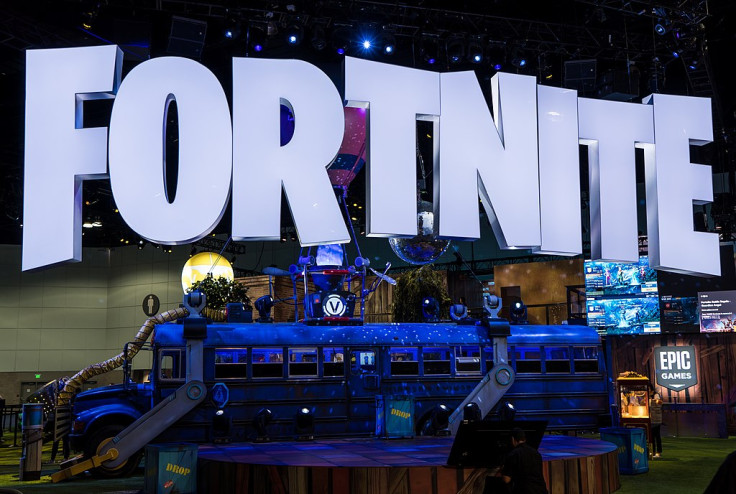'Fortnite' developer Epic Games to pay $520 million in settlement with the FTC

"Fortnite" developer Epic Games has agreed to pay the US government a total of $520 million to settle allegations that it deceived millions of players, including kids and teenagers, into making unintended purchases and that it broke a key federal law protecting the privacy of children.
To settle allegations that it violated the Children's Online Privacy Protection Act (COPPA) by collecting the personal information of children under the age of 13 without first obtaining their parent's verifiable consent, Epic Games has agreed to pay the US government $275 million, CNN reported. The Federal Trade Commission (FTC) noted that it is the biggest fine it has ever assessed for breaking a rule it enforces.
In a second, separate settlement, Epic will shell out $245 million to compensate players who the FTC claims were harmed by user-interface design choices that were misleading. According to the FTC, this agreement represents the largest administrative order in agency history.
Epic Games also confirmed the settlement on its site. "Epic has reached a settlement with the Federal Trade Commission (FTC). In it, Epic will pay $245 million USD to the FTC to resolve concerns related to past designs of the Fortnite item shop and refund systems in Fortnite, which the FTC will use to distribute to Epic customers at their discretion. Epic will also pay $275 million USD to the FTC to resolve concerns related to children's privacy in Fortnite," the developer said in a blog post.
Commenting on the settlement, FTC Chair Lina Khan said that the agency has heightened its focus on privacy and "dark patterns," which refer to design elements that push users to choose a company's preferred result. "Protecting the public, and especially children, from online privacy invasions and dark patterns is a top priority for the Commission, and these enforcement actions make clear to businesses that the FTC is cracking down on these unlawful practices," Khan said in a statement.
In FTC's administrative complaint about Epic's deceptive design choices, the agency claimed that the developer made it easy for children to make in-game purchases without approval from their parents. As a result, Epic received more than a million complaints from parents about unwanted charges.
The FTC also claimed that Epic made it more challenging for customers to cancel in-game items by tucking the choice away at the bottom of the screen and required them to press and hold a button on their controllers. Accidental charges were supposedly the "number one reason" customers clicked on the cancel button when it was more prominently displayed, according to surveys, which led to the implementation of such design decisions, the FTC claimed.
"No developer creates a game with the intention of ending up here," Epic Games explained its decision to settle. "We accepted this agreement because we want Epic to be at the forefront of consumer protection and provide the best experience for our players."
© Copyright IBTimes 2025. All rights reserved.





















